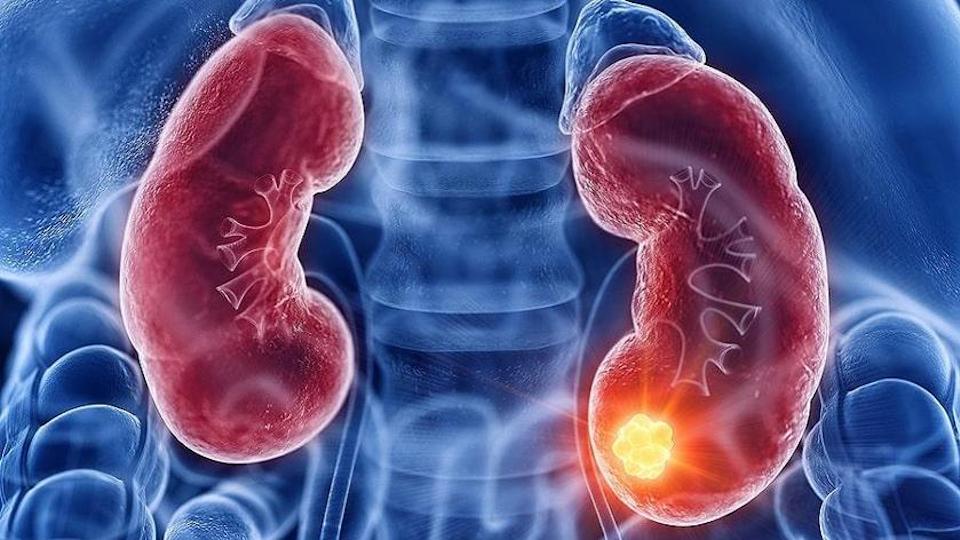BI signs KRAS deal with India's Lupin, as pharma awaits key Amgen data

Boehringer Ingelheim has signed a deal with India’s Lupin to develop and market a potential cancer drug targeting tumours driven by the KRAS mutation.
Under the deal Lupin will receive an upfront payment of $20 million and potential additional payments for achieving clinical, regulatory and commercial milestones for a total deal value of more than $700 million.
Lupin will be entitled to receive double-digit royalties on the sales of the product.
Occurring in around one in 7 cancers, KRAS has become a priority for big pharma after Amgen’s AMG-510 showed activity against tumours with a subtype known as KRAS G12C in a phase 1 trial involving solid tumours at ASCO in June.
This was the first time that a KRAS-targeting drug had produced a response in the clinic and updated results from the trial are expected at the International Association for the Study of Lung Cancer (IASLC) conference this weekend.
In the meantime several other pharmas are focusing on KRAS research, hoping to follow Amgen’s example.
Boehringer Ingelheim has been busy building a pipeline of KRAS drugs and this latest deal adds an MEK inhibitor, LNP3794, developed by Lupin to the mix.
Lupin is best known for generics and over-the-counter drugs but has also started to focus on developing its own novel drugs.
The partnership with Lupin will aim to develop LNP3794 in combination with one of BI’s KRAS inhibitors for patients with gastrointestinal and lung cancers, harbouring a broad range of oncogenic KRAS mutations.
The collaboration will also investigate sub-populations that may need more effective therapies.
KRAS is much more common in certain types of cancers: it occurs in more than 90% of pancreatic cancers, a disease badly served by approved therapies, and poor survival outcomes.
It also occurs in more than 40% of colorectal cancers and more than 30% of lung adenocarcinomas.
Preclinical data has shown that the combination of BI’s novel KRAS inhibitors with MEK inhibitors results in increased anti-tumour activity based on their complementary mechanisms of action in keeping KRAS-driven cancers in check.
Novartis is also looking at KRAS with San Diego-based Mirati in a tie-up announced soon after ASCO.












